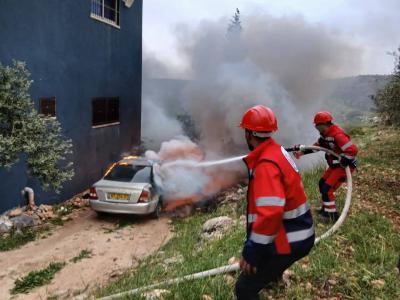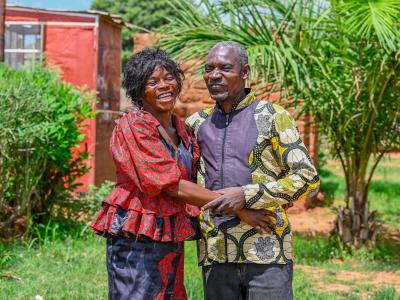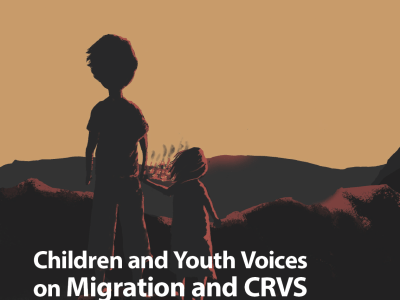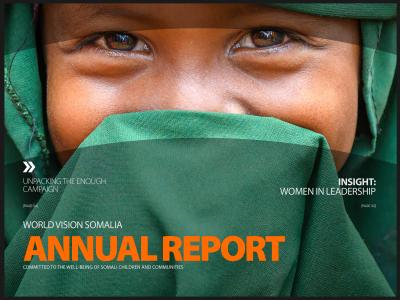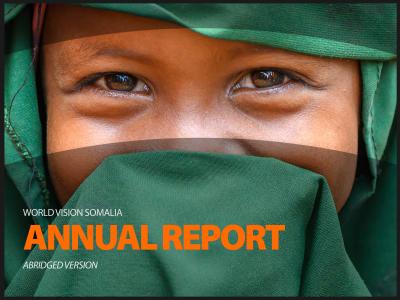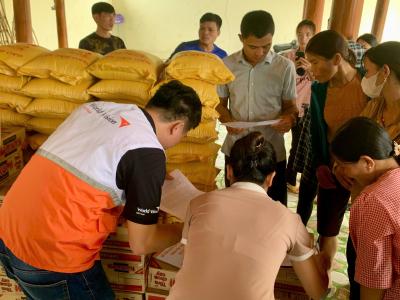publication / April 2, 2025
South Asia and Pacific ENOUGH 2025 Campaign Report
ENOUGH Report: Learn how World Vision fights child hunger in South Asia & Pacific. Discover youth-led solutions & our impact on nutrition policy.
event / March 18, 2025
Route-Based Approach to Provide Financial Assistance and Protection to People on the Move
Join the HNPW 2025 session on the route-based approach to provide financial assistance and protection to people on the move. Learn about key results and lessons from the experience in Colombia, Ecuador, and Peru.
publication / April 16, 2025
World Vision - SitRep - Emergency Response West Bank - Feb-Mar25
Due to unprecedented levels of violence, restrictions on movement and economic challenges, a major humanitarian crisis is ongoing in the West Bank. To support communities, World Vision has continued its emergency response in february and March 2025, reaching 193,000 people including 110,000 children in 7 governorates. Read our report to learn more about our response.
article / March 5, 2025
DR Congo: An Inspiring Transformation in Kisunka through the Celebrating Families Approach
This article tells the story of Pastor Jonathan and his wife Brigitte, a couple from Kisunka in the south of the DRC, who experienced a family transformation through the "Celebrating Families" training organized by World Vision in April 2024. Before this training, their home was marked by a lack of communication, tension, and unilateral decisions made by Jonathan. However, after attending the training, they learned to communicate better, respect each other, and make decisions together, thus strengthening family bonds. This experience had an impact not only on their own lives but also on their community, inspiring other couples to improve their family dynamics. Today, they encourage other families to follow this learning to create more balanced and respectful households.
publication / February 6, 2025
Children and Youth Voices on Migration, Civil Registration and Vital Statistics
This report presents the voices of 69 children—33 girls and 36 boys—aged 14 to 17 from 10 countries, sharing their experiences and perspectives on migration.
Through consultations, they discussed key themes, including the drivers of migration, its impact on children, identity documentation, challenges in civil registration, and recommendations for strengthening civil registration and vital statistics (CRVS) systems. The participating countries were Bangladesh, Cambodia, Laos, Mongolia, Myanmar, Nepal, the Philippines, Sri Lanka, Thailand, and Vietnam.
publication / February 27, 2025
World Vision Somalia FY 2024 Annual Report
World Vision Somalia’s Impact in 2024
In 2024, Somalia faced relentless shocks, from devastating floods and ongoing conflict to economic instability, leaving millions struggling to meet their basic needs. With 6.9 million people, including 5 million children, in urgent need, World Vision Somalia, alongside our dedicated partners, stepped up to deliver life-saving assistance and long-term resilience programmes to help communities meet immediate needs, recover, and rebuild.
We reached 1.4 million people, nearly 850,000 of them children, providing emergency aid, food security, healthcare, nutrition, clean water, education, and more.
From launching our first-ever boat-based emergency response to leading evacuation efforts during historic floods, our dedicated teams stood on the frontlines of hope for children and their communities.
We invite you to read this report and see how, together, we made a difference for children.
publication / February 27, 2025
World Vision Somalia FY 2024 Annual Report Abridged Version
In 2024, Somalia faced relentless shocks, from devastating floods and ongoing conflict to economic instability, leaving millions struggling to meet their basic needs. With 6.9 million people, including 5 million children, in urgent need, World Vision Somalia, alongside our dedicated partners, stepped up to deliver life-saving assistance and long-term resilience programmes to help communities meet immediate needs, recover, and rebuild.
We reached 1.4 million people, nearly 850,000 of them children, providing emergency aid, food security, healthcare, nutrition, clean water, education, and more.
From launching our first-ever boat-based emergency response to leading evacuation efforts during historic floods, our dedicated teams stood on the frontlines of hope for children and their communities.
We invite you to explore this abridged version of the report and see how, together, we made a difference for children.
article / April 16, 2025
DO NO HARM training saved my wife and children
‘’For three days, Imam Togo and I put into practice the advice we learned during the Do No Harm training. Through an intermediary, we emphasized the benefits of living together and non-violence


